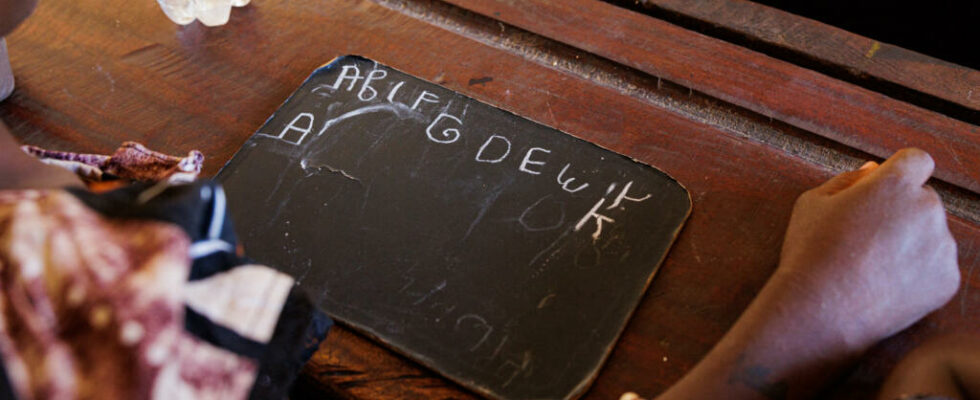In Mali, the start of the school year could take place this Monday. Initially scheduled for October 1, it was postponed to November 4 due to the floods which hit the country. These floods left 91 dead and 151 injured according to the latest official figures dated October 25, and nearly 370,000 victims, many of whom had been relocated to classrooms. But the efforts of the transition authorities finally allowed schools to welcome the students.
2 mins
There are no official figures on the number of establishments that were actually able to be liberated during the Mali.
Education Minister Amadou Sy Savané simply declared last week that everything was “ ready » to welcome the students, without specifying, but recalling the government’s efforts to rehouse the victims.
According to official figures as of October 7, 128 schools were “occupied” and 399 flooded or damaged in the country. But, according to Malian national education officials and civil society leaders from several affected regions, contacted by RFI, the start of the school year took place ” Normally ” This morning.
For example, in Timbuktu: the management of the Timbuktu teaching academy did not respond to RFI’s requests but the secretary general of the region’s civil society council, Aliou Mahamane Touré, attended the official launch of the start of the school year this morning, at the Bahadou school in Timbuktu, in the presence of local authorities: “ There are no schools occupied by disaster victims or by floods in the Timbuktu region. As of today, all schools are free and occupied by students. »
Some establishments damaged by the rains have not yet been able to be rehabilitated but Unicef, the United Nations Children’s Fund, has provided temporary shelters to accommodate the students.
The biggest problem is no longer the consequences of flooding but, as for ten years, insecurity.
In central and northern Mali, jihadist groups are prohibiting many establishments from opening their doors. In areas where schools operate, there are not enough teaching staff, particularly due to insecurity.
According to Unicef and a press release dated November 4, 2024 based on data from the end of the previous school year, 1,792 schools out of 9,000 are “ non-functional » – almost one in five, in Mali – affecting more than 537,000 children.
